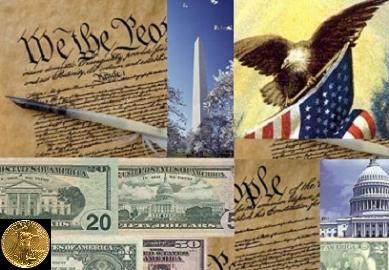However, I find it highly unlikely that housing prices are going to experience a net decrease in value across our country of up to 30% like some are calling for. In cities like Atlanta, where I live, the valuations were never wildly inflated and should not experience the correction that will be occur in frothier markets like Florida.
Valuations for the financial sector have come down about 50% from the peak. This is about where the bottom occurred in the financial sector meltdown in 1990. There are signs that a bottom is forming.
Citigroup is expected to dramatically slash its dividend tomorrow. This is actually a positive sign that the new CEO is taking the right actions to shore up the firm and I will be surprised if the stock takes a major hit tomorrow as a result of this decision. Bank of America (BAC) buying out the remainder of Countrywide will ultimately propel BAC to further dominate retail banking in the United States.
The classic definition of a recession is negative GDP growth for two consecutive quarters. By this definition we are nowhere close to a recession. GDP numbers for the previous two quarters were very impressive. Excluding the financial sector corporate profits will be up substantially in the forth quarter. There is no question that there has be a slowdown and that the GDP numbers for the next two quarters will be much less robust. But the Federal Reserve is currently not predicting a recession, just a slowdown.
In addition to the "classic" definition there are four more detailed indicators that are monitored to determine whether we are in a recession.
- Industrial Production: industrial production has declined from the peak, after steady gains for a long time.
- Employment: payroll numbers continue to be strong, but household survey numbers show a decline of 1M jobs. Last Friday jobs reports was decidedly soft. But I expect that number to be revised upwards. There has been positive job creation for 52 straight months, an unprecedented record.
- Personal Incomes: personal income continues to exhibit strong growth. Real wages (net of inflation) continue to grow at an impressive 2%.
- Manufacturing & Trade: manufacturing and trade continues to be quite strong.
The bottom line is that two out of the four indicators are showing weakness while the other two continue to exhibit strength. In particular, the employment number bears close monitoring. While jobs and income are strong, a recession will be much less likely.
Disclosure: at the time of this posting the author was long BAC.


No comments:
Post a Comment